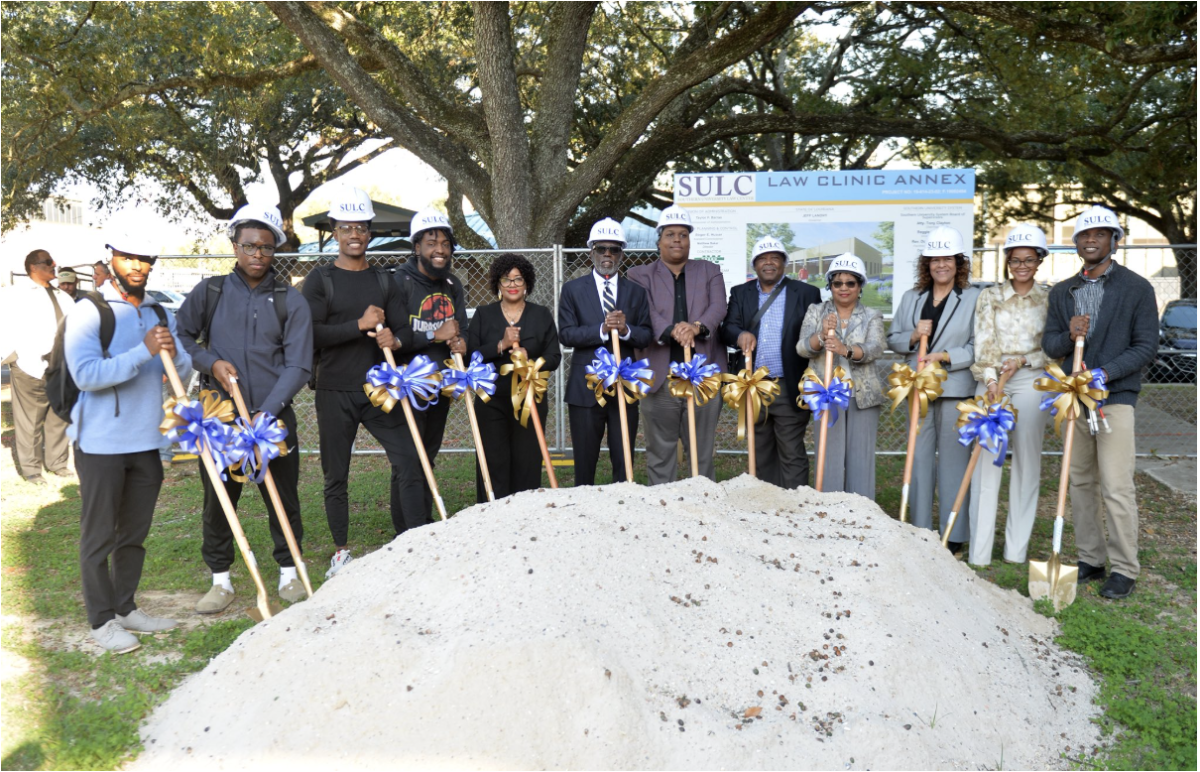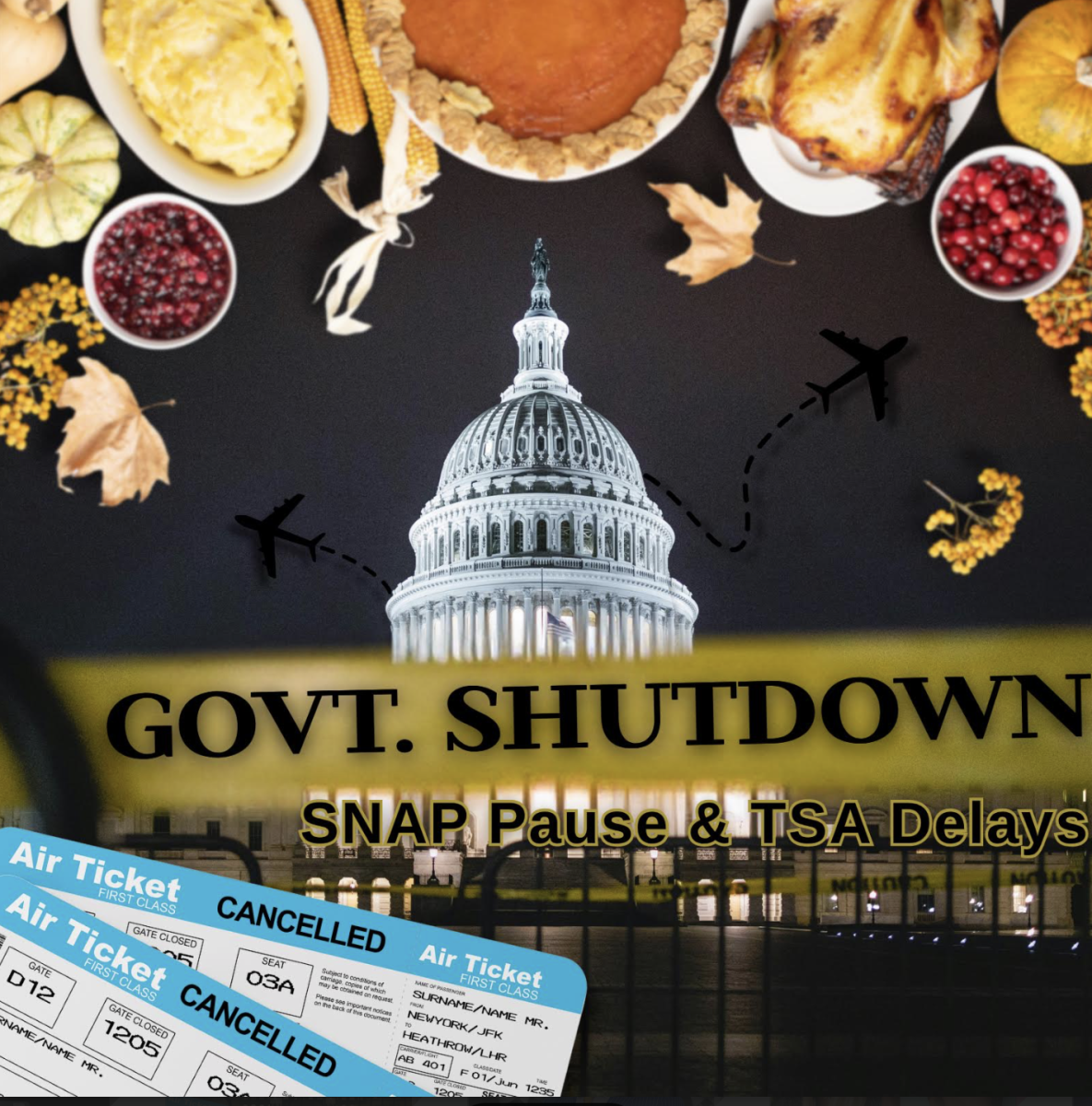From Bomb threats in January with a “Shelter in Place” on the first day of Black History Month, and a Hiring event with a shots fired incident in March, the Southern University Baton Rouge campus have been quite both eventful and mentally exhausting for students. Occurrences such as these has led students to question their safety on-campus and wonder what the Southern University Police Department is doing to improve these conditions.
At the beginning of the year, S.U. Police Chief Joycelyn Johnson set out on a mission to fill all vacancies in the Police Department. Currently the number of S.U.P.D. officers is 18, around a dozen short of what the department is looking to employ.
“We have 10 positions that have been vacant for a long time. We are trying to fill every position that we have,” Johnson said. Two of the ten positions include an officer station at Housing and another the Intramural Complex Center, or the “Rec” Center as it’s more prominently known.
After the bomb threats, Johnson stated that the S.U.P.D. held meetings with the Baton Rouge Police Department 4th District as well as the Louisiana State Police Department. “We are communicating and working together more than we have in the past,” Johnson continued, more importantly, “We have started a partnership with the Department of Homeland Security and are now working with the FBI,”
Johnson went on to note that last Thursday, the S.U.P.D. enrolled in a class held by the Department of Housing, or D.O.H., on “Responding to Bomb Threats”. Last Friday, the department enrolled in a class held by the FBI meant to increase their response efficiency to bomb threats and similar circumstances.
In addition to the classes, Johnson also began looking for grants to apply for, with the grant being known as Project SERV projected to make a large impact on aid going towards HBCUs.
In response to the bomb threats from January 31 and February 1, Vice President Kamala Harris and the U.S. Department of Education announced on March 16 that a grant called the Project School Emergency Response to Violence (Project SERV) program will look to provide short-term immediate funding for local educational agencies and institutions of higher education that have experienced a violent or traumatic incident to assist in restoring a safe environment conducive to learning. More information is in the HBCU Bomb Threat Resource Guide.
The guide also includes grants for Campus Safety and Emergency Management and Mental Health. Project SERV is included under the Department of Education. The funding amounts are to reflect the incident and recovery needs of the HBCU schools. Funding is limited, but ranges from $50,000 to $150,000.
Once an HBCU applies for the grant, that school is then assessed to see if it qualifies for the funding. According to Johnson, after several phone calls, before this interview occurred, the University’s Title III and Grants office has not released any information concerning this grant.
NBC News reported a total of 24 HBCUs received bomb threats on January 31 and February 1. Although no arrests have been made yet, Ryan Young, FBI executive assistant director of intelligence told Politico reporter Bianca Quilantan that his organization has reduced the number of suspects. “At present, we believe we have the majority slotted down to one person and a small group,” Young said. Unfortunately, Young also stated that there is a possibility for copycats.
While the state of campus safety has been tested throughout the early parts of the semester, it’s the belief of Police Chief Johnson that a more stable environment for the university and campus safety as a whole is an achievable goal.
Categories:
S.U.P.D.: A More Unified Front
May 2, 2022
0
More to Discover










